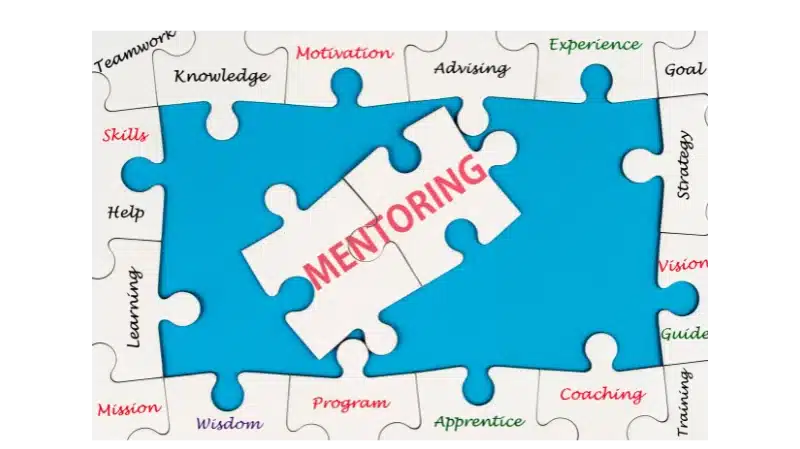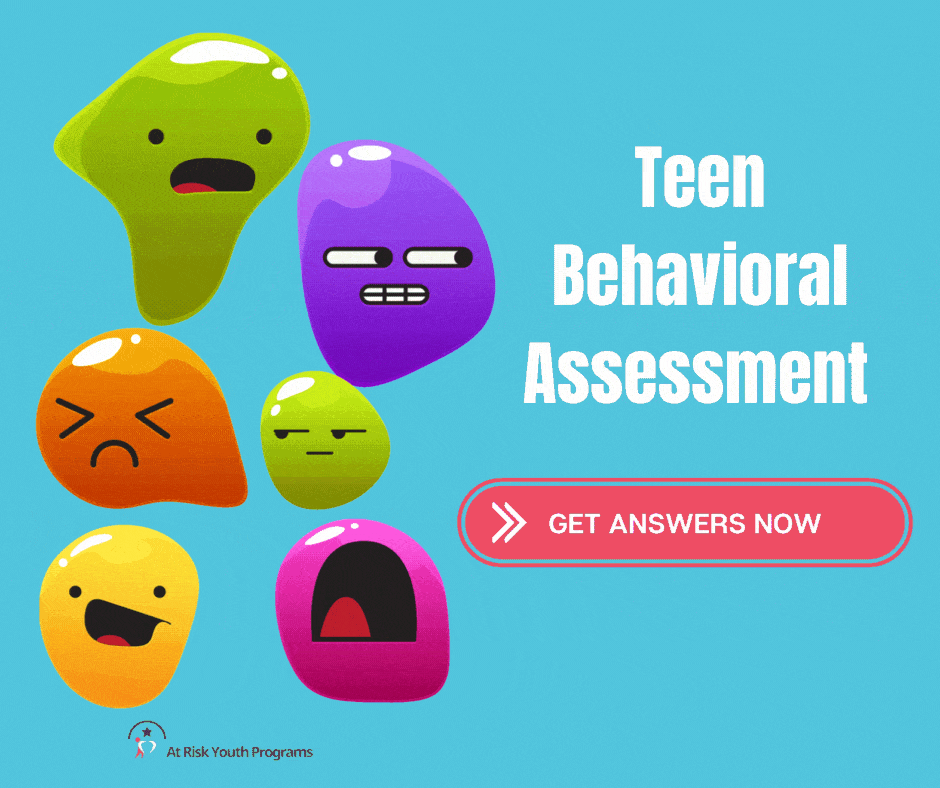Mentoring Programs for At-risk Youth
Parents are de facto role models for their children. Moms and Dads should consistently set a strong example for their children about how to live a principled life as contributing members of society. A child’s role model could also be a relative, a grandparent, or even a person unrelated to them, such as a professional athlete or celebrity.
Children observe and mimic people who they love and revere. They want to live the life of a role model because they see how happy, well-liked, and successful they are.
Although the similarities between mentors working for at risk youth programs and role models overlap, mentors take a much more active part in the life of a child. For example, a mentor develops a trusting and empathetic relationship with a child or teenager by having sincere conversations with them, providing advice on issues the youth is coping with, and clearly explaining that doing the right things is better than doing the wrong things.
Mentoring programs are designed to maximize a youth’s full potential by providing specially trained mentors who know how to create a meaningful relationship with an at risk youth that positively impacts the life of that youth.
How Successful are Mentoring Programs for At-Risk Youth?
Research over the past decade indicates that mentoring programs can promote positive outcomes in a child’s life regardless of the child’s age, ethnicity, or gender. Connecting vulnerable kids with at risk youth programs has been shown to be a valuable strategy for reducing and preventing problematic behaviors and juvenile recidivism in older adolescents.
Other studies have further found significant decreases in rearrest rates and arrest numbers following a two-year examination of different mentoring programs for teens.
Mentoring programs for kids offer the following proven benefits:
- Improves their attitude and motivation towards school and participating in school activities
- Reduces the risk of dropping out of school/increases graduation rates
- Enhances their self-confidence, self-esteem, and sense of worth
- Encourages them to actively take steps towards improving relationships with parents and peers
- Improves their self-control and behavioral responses to stress at home and in school
- Decreases their likelihood of abusing alcohol or drugs by resisting peer pressure
Mentoring program administrators perform an assessment of each child enrolling in a mentoring program to determine what type of mentor and mentoring relationship the child would most benefit from. Some kids respond well to a one-on-one, more structured relationship they receive from interacting with one individual.
Other kids respond better to mentor programs involving adults providing support in an informal group framework. These differences are often associated with the environment in which a child develops. Kids coming from families troubled by poverty, substance abuse disorders, and mental illness typically need a one-on-one mentor relationship due to having learning disabilities, and complex behavioral or socioemotional problems.
The Role of a Mentor in At-risk Youth Programs

Mentoring programs are always searching for individuals with special skillsets for mentoring troubled kids. Mentors must be able to commit to one child for at least two years, depending on the child’s age and their particular mental and emotional needs. Mentors should also have considerable experience with children and teenagers. Many mentors work or have worked as sports coaches, teachers, counselors, or social workers.
Mentors may initially meet an at risk youth at their school or at a community center several times to determine if the child responds favorably to the mentor. As the rapport between them strengthens, the mentor may be able to take the child to a restaurant, a museum, or other events and locations allowed by the program. Of course, mentors meet with parents or guardians regularly to update them on the progress a child is making and to find out if the child’s behavior has improved in the home.
Find Out About At Risk Youth Programs Near You
Shouldn’t all at risk youth have access to a mentoring program in their community? The answer to that is, of course, yes, but the problem is the lack of enough mentors to help all the kids who need help. Millions of young people live in environments that are detrimental to their health and well-being. They may not know any adults they trust to confide in about their feelings, or in a position where their living circumstances are severely deficient.
Substance abuse, broken homes, constantly moving and changing schools while trying to avoid being manipulated by bad people who prey on vulnerable young people. If their parents are not around or they are troubled, who is going to listen to these kids? Who will give sound advice and unconditional support while they try to navigate such a hostile world? Teachers and school professionals may be available, but they are often overworked, stressed, and distracted.
Excellent mentoring programs are available but much more needs to be done to help. So many at risk youth can be rescued from a situation that holds nothing but a rough life on the streets if only they had a chance to develop a trusting and healthy relationship with a mentor.
Mentors provide that accessible, empathetic ear that all kids want when they feel like nobody is paying attention to them. In addition, a child doesn’t need to be at risk to have a mentor. Every child who is living in a one-parent household might benefit from a friendly adult who can spend quality time with the child. However, every at-risk child would definitely benefit from having a mentor. In fact, mentors could be the reason at-risk youths don’t fall through the cracks and become another heartbreaking statistic.
Are You Interested in Being a Mentor?
One of the many benefits of the digital age is that you can now mentor a child online. Special organizations deal specifically with training and providing online mentoring for kids of all ages. References, comprehensive background checks, and other criteria are required before you can be hired as a mentor. Online mentoring allows adults to become mentors who have busy schedules but would love to get into mentoring troubled kids.
If you would like to learn more about helping at-risk youth, visit youth.gov for information on mentoring programs. Being a mentor is a wonderful way to brighten the life of a child and make you feel like you are making a difference in the world.
















